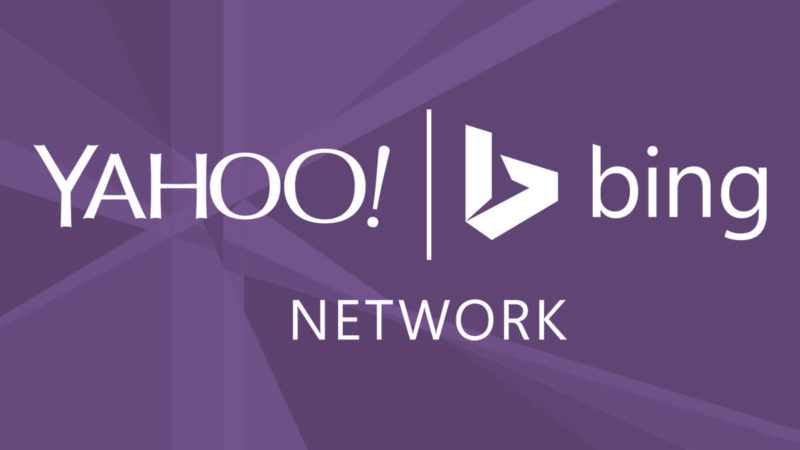Yahoo Or Bing Could Now Divorce Before 10-Year Search Deal Expires
New deal terms allow either Bing or Yahoo to terminate with four-months notice.
Last week Yahoo and Microsoft announced some important new terms for their Search Alliance agreement. The renegotiated deal now allows Yahoo to serve its own ads on the PC and opens the door for Yahoo to potentially work with other partners (read: Google).
Though it is unlikely that Yahoo will be serving ads from Google (for many reasons) that possibility theoretically exists under the new terms. The company will however be extending its own Gemini ads into PC search results.
An “8K” filing yesterday further elaborated on what was announced last week. In particular, either party now is free to terminate the entire Search Alliance relationship at any point prior to the formal expiration of the 10-year term:
The term of the Search Agreement remains 10 years from its commencement date, February 23, 2010, subject to earlier termination as provided in the Search Agreement. Pursuant to the Amendment, on or after October 1, 2015, either Yahoo or Microsoft may terminate the Search Agreement by delivering a written notice of termination to the other party. The Search Agreement will remain in effect for four months from the date of the termination notice to provide for a transition period, however, Yahoo’s Volume Commitment will not apply in the third and fourth months of this transition period.
In the event of such a termination, the agreement would remain in place for a short four-month transition period.
Yahoo also gets the option to serve only Bing organic listings, only paid listings or both under the new terms. If Yahoo requests but doesn’t serve ads from Bing, it’s obligated to pay Microsoft’s costs:
Yahoo will now have the ability in response to queries on both personal computers and mobile to request algorithmic listings only, paid listings only or both algorithmic and paid listings from Microsoft. To the extent Yahoo requests algorithmic listings only or requests paid listings but elects not to display such paid listings, Yahoo will pay Microsoft serving costs but not a revenue share. In other cases and with respect to the Volume Commitment, Yahoo will pay Microsoft a revenue share.
As previously reported, the agreement specifies that Yahoo is only obligated to serve paid search ads from Microsoft “for 51 percent of its search queries originating from personal computers accessing Yahoo Properties and its Affiliate sites. . .”
The revenue share that Yahoo gets from Microsoft has also increased slightly (from 90 to 93 percent):
Yahoo is entitled to receive a percentage of the revenue (the “Revenue Share Rate”) generated from Microsoft’s services on Yahoo Properties and on Affiliate sites after deduction of the Affiliate sites’ share of revenue and certain Microsoft costs. Under the Search Agreement the Revenue Share Rate was 88 percent for the first five years and then increased to 90 percent on February 23, 2015. Pursuant to the Amendment, the Revenue Share Rate will be 93 percent, but will now apply before deduction of the Affiliate sites’ share of revenue.
The question now arises: how likely is Yahoo to walk away from Microsoft/Bing in the near term? Not likely is the answer. There would be significant new costs involved in completely replacing Bing organic and paid search for Yahoo.
Yet Yahoo CEO Marissa Mayer is clearly rebuilding the search and paid-search infrastructure at Yahoo and laid the foundation for a potentially independent Yahoo at some point in the next several years. In the short term she’s secured a more favorable deal for Yahoo that offers more flexibility and options for the company.
Opinions expressed in this article are those of the guest author and not necessarily Search Engine Land. Staff authors are listed here.
Related stories
